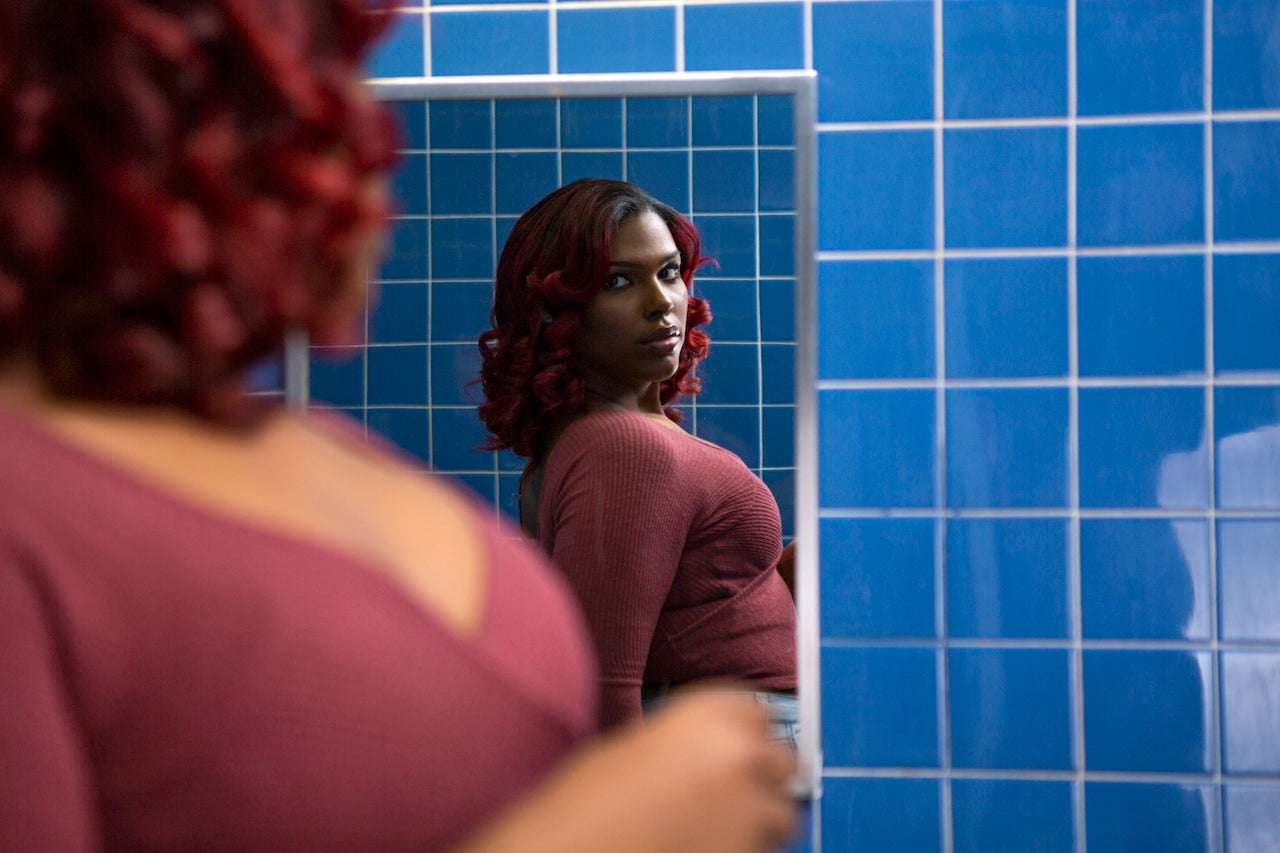In a world where social media is constantly evolving and acting as a crucial part of most of our lives, the countless existing digital platforms serve as a space for exploring different aspects of reality.
Lately, my digital timeline has been filled with celebrities, influencers and other content creators who either promote body positivity or create false standards that contribute to insecurities and other issues.
It led me to think about the current environment on social media.
The content surrounding body inclusivity and positivity is extremely powerful, thanks to the many movements that have flourished over the years.
But so are the stigmas and stereotypes flooding our feeds and various comment sections. One post shaming a body can impact how someone feels about themselves when their phone is turned off.
The body positivity movement was not always online. Its origins go back to the 1960s, when the Fat Acceptance movement was created to protest fat-shaming. People aimed to eliminate size discrimination and other harsh beliefs associated with body choices (i.e. dieting).
In the early 1970s, more people became angered toward this size discrimination. Specifically, a group of feminists in California sought to achieve equal rights for all people regardless of their weight, creating a group known as the Fat Underground.
Since then, efforts to promote body inclusivity escalated as advocacy and education surrounding this movement grew. Social media became a popular space to promote body positivity, as the use of advertisements, posts, and hashtags helped the movement reach a vast audience.
Instagram, for instance, sparked the most debate on the issue.
#EffYourBeautyStandards, started by plus-sized model Tess Holliday after she was “told on numerous occasions that she didn’t fit the ‘model bill’,” became a widely used hashtag on the platform. This campaign allowed people to feel confident with their bodies and advocated for beauty in all shapes and sizes.
Simultaneously, false notions and stigmas surrounding bodies came to light. Trends that valued “perfect bodies” – or tiny, hourglass figures – over feeling healthy and happy with your body circulated. After seeing these trends for myself, it became clear that social media was creating spaces for discrimination once again.
In 2022, The New York Times asked teenagers for their thoughts on social media and body image. Many said they “struggle not to compare themselves to the people they see online.”
Being born into a generation that utilizes social media everyday doesn’t help one’s acceptance of their body. It is one thing to use editing features to enhance an image, but it is another thing to use it constantly to create unrealistic standards of the “perfect body.”
It spreads the incorrect message that one can only look good on platforms if they completely alter their public image.
However, I believe that social media can also help break these stigmas surrounding body positivity.
A 2022 study from UNSW Sydney in Australia found that the presence of influencers who celebrate body positivity in its various forms can “improve young women’s body image in everyday life.”
Female participants aged 18-25 reported a decrease in body dissatisfaction and were comparing themselves to others less after strictly viewing body positivity content for two weeks.
This implies that surrounding yourself with social media pages that advocate for authenticity and understand the variety of body images can help break down unrealistic expectations of the “perfect body.”
Ignoring harmful content is a challenge, as we don’t always have control over what ends up on our feeds. But with the rapid growth of the body positivity movement, perhaps we can gain this control back.



